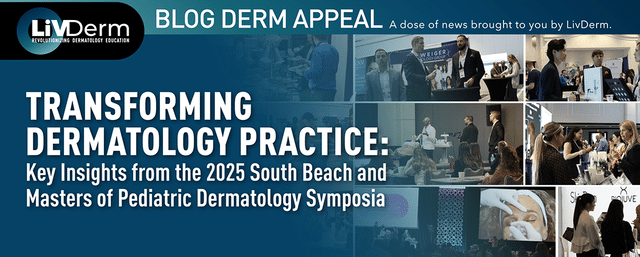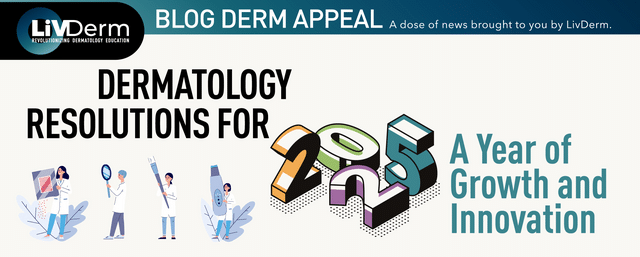While clinical trials may be able to quantitatively assess the efficacy of a treatment or the progress of a dermatologic condition, such measurable feedback is not easily attained in every day practice. Even more difficult to obtain is direct patient feedback, including that of a post-procedure plastic surgery patient – who may require repeat procedures or even regret their cosmetic decisions. In order to help aesthetic practitioners better understand what their patients would do differently and why some of them might regret opting for surgery, injections, peels, laser treatments, or other procedures, healthcare consumer research company RealSelf investigated cosmetic patient regret. As part of their new RealSelf Verified campaign, RealSelf’s report strives to offer consumers greater transparency and the opportunity to hear from experienced fellow patients.
The research company identified some of the top concerns patients reported, which included feeling ill-advised, being unaware of all of their treatment options, and wishing they had access to credible information sources. The article provides much-needed feedback and takeaway messages for aesthetic medicine providers looking to better their patients’ experience:
1. Communicate All of the Available Options
Patients stress the importance of being presented with all of their treatment options, regardless of which one is preferred or suggested by the provider. In the RealSelf article, a breast augmentation patient reveals that she thought her options were limited to a choice between silicone and saline implants and their size; she was unaware that there were other possibilities, including choosing surgical technique and scar placement.
In addition, another patient mentioned not being prepared for the pain related to the office-based Erbium laser procedure. Although she reports being happy with the results, both the pain and discomfort of the actual treatment left a lasting impression. It is essential for physicians to ensure patients are aware of anesthesia options, as well as all of the other procedural choices they can make to guarantee a fully candid discussion and optimal patient satisfaction.
2. Provide Sources of Credible Information
Patients also reported wishing they had known how to research providers, as it is difficult for them to discern whether information they find online is credible or simply part of a marketing strategy. A RealSelf member reported finding her first rhinoplasty surgeon in a magazine, and wishing she had conducted a more thorough search after the procedure was completed. During her second rhinoplasty, she reported reading multiple patient reviews, focusing on patient-provided photos, and assessing providers based on positive reviews.
In addition to careful provider research, patients also reported wishing they had known more about the surgery location as well. As such, it is important for physicians to provide their patients with credible sources of information and honest reviews to aid them in making an informed decision.
3. Discuss the Potential for Scarring
According to another patient, who was unaware of the potential risk for scarring and keloids after cosmetic surgery, not discussing possible adverse effects may deter patients from future treatment. Although she does not regret the procedure, she reported the scarring soured her experience and bothers her today.
It is essential for physicians to discuss the potential for scarring, regardless of previous successful results, so that patients are made aware of the potential repercussions of the surgery.
4. Ensure Patients Rest After the Procedure
Make sure to communicate the need for patients to rest after cosmetic procedures, as some may experience longer recovery periods if they do not rest adequately. In her feedback, RealSelf member Alli encouraged fellow post-surgery patients to communicate their needs with relatives and ensure they are guaranteed a sufficient recovery period to obtain optimal results. As a provider, it is important to set realistic expectations for patients regarding the road to recovery and prepare them to ask for help when they need it.
5. Encourage Patients to Trust their Instincts and Ask Questions
Further patient feedback indicates that patients wish they had trusted their instincts in regards to treatment choices and asked more questions before the actual procedure. A breast augmentation patient wishes she chose the size she initially wanted – instead of the one her family suggested – and encourages potential patients to trust their instincts when deciding on their breast implant size.
Patients also reported regretting not asking enough questions before the procedure. A mastectomy patient said she lacked the background knowledge to ask thorough questions and found it difficult to communicate her need for more information. Empowering patients to ask more questions by encouraging an open dialogue and promoting inquiry will help patients feel more comfortable and take the opportunity to ask all of their questions.
Overall, the main post-procedural complaints stemmed from patients feeling ill-prepared or uninformed. Since trust is an essential part of the aesthetic medicine practice, and a foundational element of a successful patient-provider relationship, physicians should prioritize patient confidence, making sure they are prepared and educated before undergoing cosmetic procedures.

















